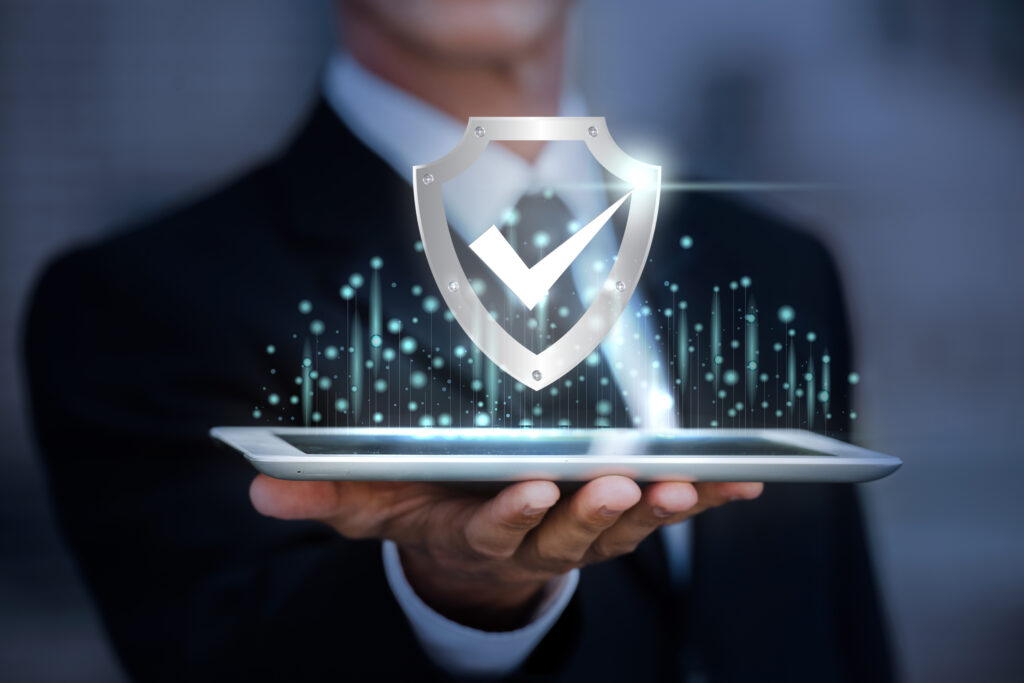YouTube to MP3 converters have proliferated as one outcome of the streaming era’s fixation with having access to online content even when the power goes out. These programs, designed to extract audio from videos and save it as a downloadable file, have generated a great deal of discussion and interest. Among these websites, youtube-mp3.org, is the most well-known and offers customers a simple way to get MP3s from YouTube videos. The way the site is run and the larger effects of employing such converters raise serious ethical and legal questions. This comprehensive guide aims to clarify the operation of these converters, their impact on the entertainment industry, and the applicable regulatory framework.
Introduction to YouTube to MP3 Converters
You can convert videos from YouTube to MP3 so you may listen to the music whenever you want, even while you’re not connected to the internet. When it came to these services, youtube-mp3.org used to be the gold standard because of how easy and fast it was to convert and download videos. Nevertheless, the idea is based on shaky legal foundation, even if it seems innocuous, particularly for individual usage.
How YouTube to MP3 Converters Work
To convert a YouTube video to MP3, you must first remove the audio track. Users may save time and effort by using sites such as youtube-mp3.org, which allows them to just input the URL of the video they want to download and then offer an MP3 download link. Despite being user-friendly, these services risk copyright rules and artists’ digital rights.
Legal Implications and Case Studies
The legality of YouTube to MP3 converters is centered on copyright infringement problems. Many YouTube videos, particularly music videos, include copyrighted content. Downloading and converting these without the authorized consent of the copyright holders is a violation of copyright laws in many places.
Case Study 1: Youtube-mp3.org vs. Music Labels
The US District Court for the Central District of California decided against youtube-mp3.org in 2017, after a lawsuit brought by numerous music companies. The court’s decision to shut down the site emphasized the legal prohibition on unlawful downloading and conversion of protected information. This landmark case demonstrated the legal consequences for such platforms and individuals who utilize their services for piracy.
Case Study 2: German Legal Action Against Youtube-mp3.org
The Hamburg Commissioner’s 2015 directive for youtube-mp3.org to cease operations further exemplifies the legal battles against YouTube to MP3 converters. Citing data protection and copyright infringement, this case illustrates how such services not only conflict with copyright law but also raise data privacy concerns.
Case Study 3: Atlantic Records and others v. FLVTO.biz and 2conv.com
Another significant case involved FLVTO.biz and 2conv.com, where music companies aimed to combat unauthorized music downloads. This ongoing legal battle again raises critical questions about the accountability of such platforms in facilitating copyright violation.
Ethical Considerations
There are moral conundrums with YouTube to MP3 converters that go beyond legal ones. Depriving artists and content producers of possible income and control over their work, it compromises their rights and efforts. Though offline material availability is convenient, it’s important to think about how it will affect the people who make and produce the stuff we like.
Conclusion
YouTube-mp3.org is one example of how the usage of YouTube to MP3 converters treads carefully between offering user convenience and violating copyright laws and moral principles. It is imperative that as digital consumers we keep up to date on the legal environment and make choices that respect the rights of content producers. Even if there is no denying the attraction of having quick access to offline information, negotiating this environment calls for serious thought to morals and law. In summary, knowing and honoring copyright principles is not just a legal need but also a tribute to the creative process and those who support it as we advance in the streaming era.



